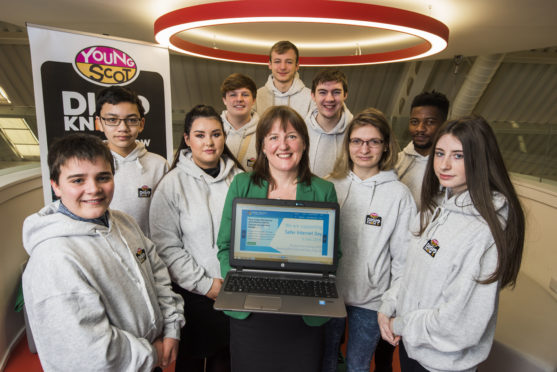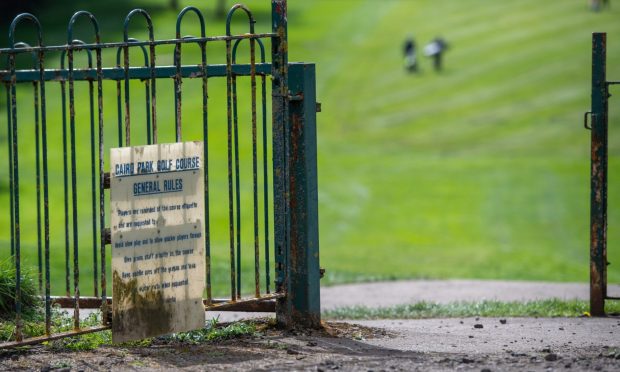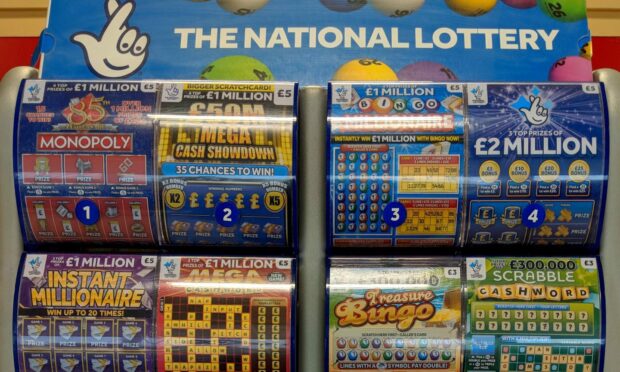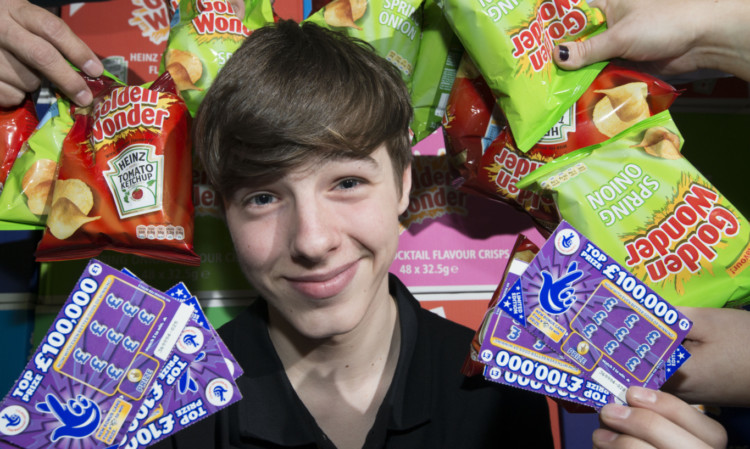A new campaign to fight online bullying has been launched in Tayside.
DigiKnow was unveiled at Dundee Science Centre on Tuesday as part of Safer Internet Day and has already been backed by some of the world’s biggest IT companies.
The initiative will provide teachers with resources and support to use the internet for education, while teaching children to protect themselves from cyber bullying and exploitation.
DigiKnow was developed in a partnership between the Scottish Government, Police Scotland, a Young Scot steering group of teenagers, and Education Scotland, as part of the recently-launched Digital Schools Awards programme. It has been backed by technology companies HP, Microsoft and Intel.
Maree Todd, Scotland’s minister for children and young people, said: “The proliferation of the internet and advances in digital technologies have brought around much positive change but in an age when mobile technologies are integrated into almost every aspect of our lives, ensuring young people enjoy a positive experience online needs to be a top priority.
“This is the first initiative of its kind to be delivered in Scotland and supports teachers with information and practical resources. By doing so we are better equipping them to educate pupils on the benefits and potential dangers of the internet.”
The launch comes as one on four children in Scotland aged between eight and 11 have their own social media profiles.
Schools can apply for an internet safety resilience badge by carrying out an assessment to find flaws in their knowledge. DigiKnow can then be used to fill any gaps and improve teachers’ expertise.
George Brasher, managing director of HP UK and Ireland, said: “Keeping young people safe online has never been more important.
“Through this initiative, HP is proud to support schools in ensuring young people grow up in a culture where staying safe online is as natural to them as any other aspect of their digital lives.”










